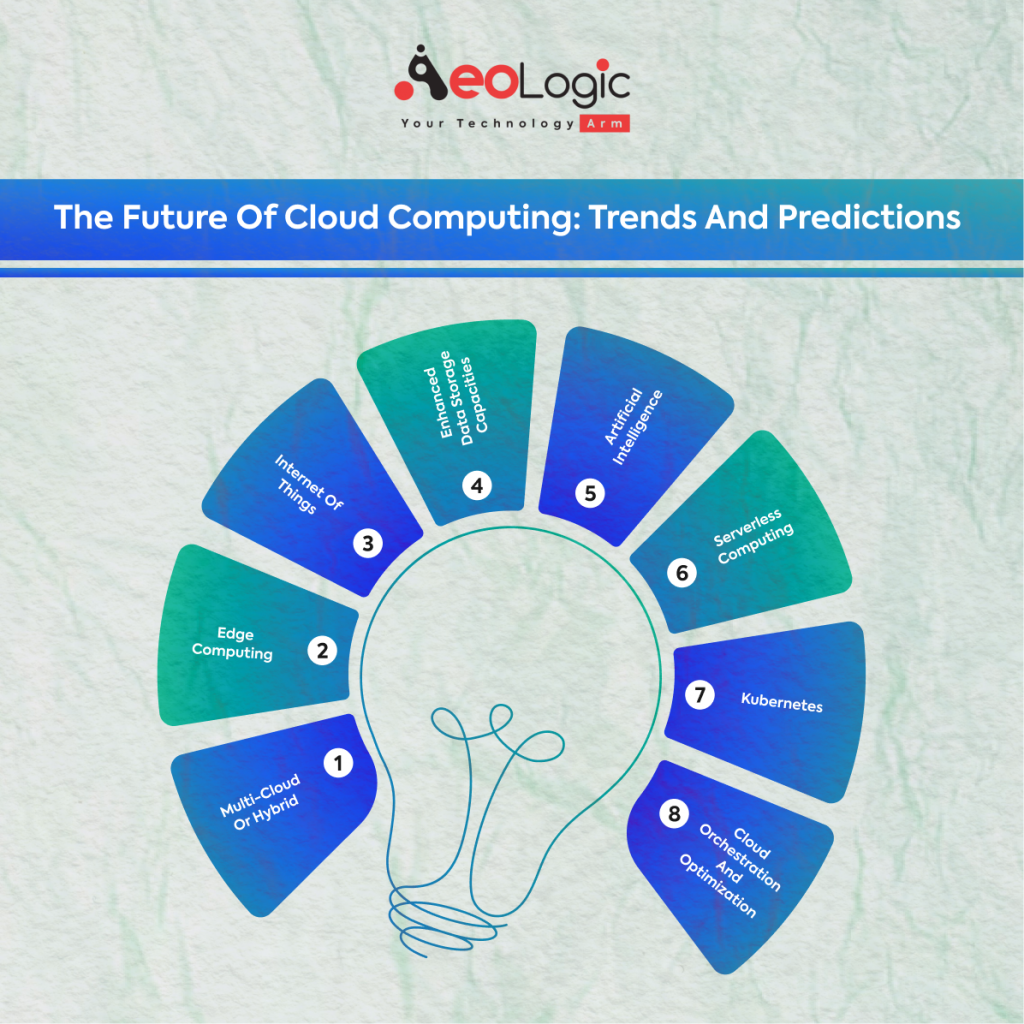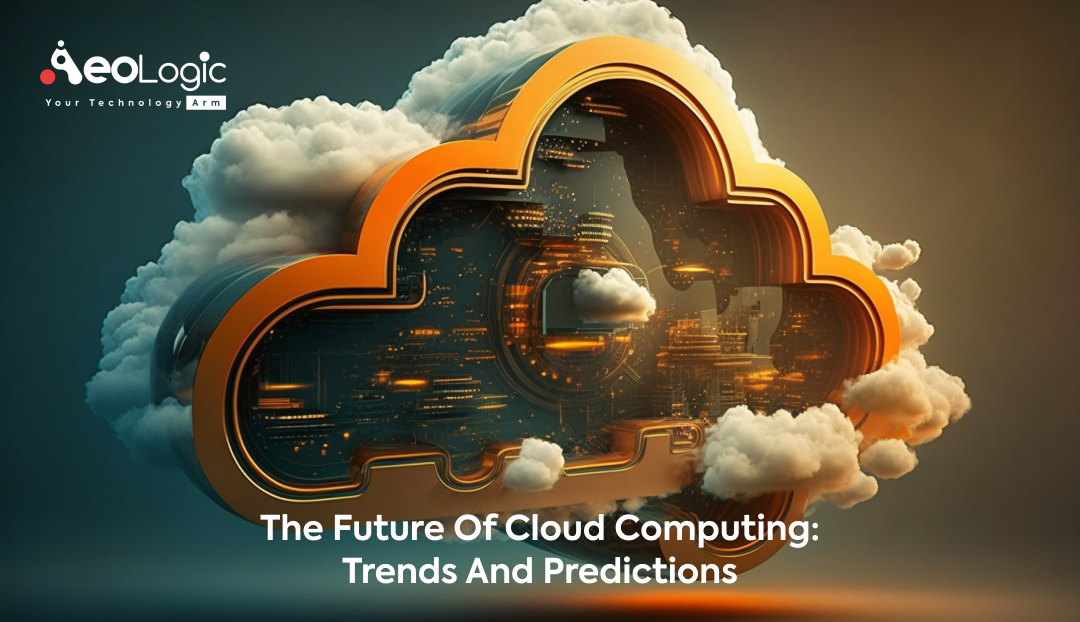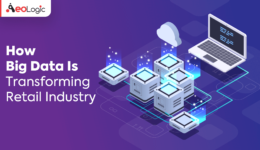The future of cloud computing is changing faster than we ever imagined. Every day, new features and capabilities have been released that change how we suppose about, use, and administer cloud services. Therefore, the cloud calculating future looks enough bright and stable. There’s no doubt that the cloud has disintegrated the traditional IT geography, and the instigation of cloud computing shows no signs of abating.
So, what does the future hold for this transformative technology? Following are the trends and predictions for the future of cloud computing. The composition will discuss in-depth into the upcoming trends in cloud computing to assess cloud calculating future growth. Stay ahead of the wind and your competition by embracing these inventions in your business strategy.
Also read: Benefits & Advantages of Cloud Computing for Business
What’s the Future of Cloud Computing?- Trends and Predictions
Let us assess the future trends in cloud computing.

Multi-Cloud or Hybrid
The most likely situation is that multi-cloud will come the norm. Businesses will highly use multiple public and private tracking to meet their specific requirements. Nonetheless, the hybrid cloud isn’t going down anytime soon. In fact, the hybrid cloud will probably come indeed more common as businesses move further of their workloads to the cloud. So what will be the future of cloud storehouse and security? It’s likely to be a blend of hybrid and multi-cloud deployments as businesses seek to find the right balance of flexibility, agility, security, and control.
Edge Computing
As businesses have come highly reliant on cloud- grounded services, they’ve also come more vulnerable to dislocations in internet connectivity. As a result, there’s growing interest in edge computing, which involves processing data locally rather than in the cloud. Edge computing can give a number of benefits, including reduced quiescence, bettered security, and increased adaptability. In numerous cases, it can also be more cost effective than traditional cloud- grounded results. As businesses continue to grapple with the challenges posed by cloud- grounded computing, edge computing is likely to play an important part in the future of IT.
Internet of Things
The future of cloud computing is nearly linked to the Internet of things. As further and further bias are connected to the internet, the need for dependable, scalable cloud structure will only grow. The IoT solutions will produce a huge quantum of data that needs to be stored and reused, and the cloud is the perfect platform for this.
Enhanced Data Storage Capacities
It’s safe to say that the future of cloud computing is looking veritably bright. Data storehouse capacities continue to grow at an unknown rate, making it easier and cheaper than ever for businesses to store their data in the cloud. In addition, the relinquishment of cloud-grounded operations and services is also on the rise as further and further businesses fete the benefits of using these tools. The result is that the demand for cloud computing is only going to increase in the coming times.
Artificial Intelligence
It’s safe to say that the future of cloud computing is veritably bright. With the rapid-fire advancements in artificial intelligence (AI), businesses and individualities are highly turning to the cloud to store and manage their data. One of the main reasons for this is that AI- powered data analytics can help to identify patterns and trends that would else be undetectable. In addition, cloud- grounded AI systems can learn and evolve over time, getting more effective at processing data. As a result, the demand for cloud- grounded AI services is anticipated to continue to grow in the coming times.
Serverless Computing
Serverless computing is a new trend in cloud computing that has the implicit to revise the way we suppose about hosting operations and services. In a serverless model, there are no physical waiters that need to be maintained; rather, operation code is executed in response to events, and all of the structure needed to run the code is managed by a cloud provider. It can simplify deployments and reduce the overall cost of running an operation since you only pay for the resources you use when your code is executed. Serverless computing is still in its early stages, but it shows pledge as a scalable and cost-effective way to run cloud-grounded operations.
Kubernetes
The future of cloud computing is veritably instigative. With the arrival of Kubernetes, we will see further and further companies move to the cloud. Kubernetes is a game changer because it makes it easy to manage and emplace operations in the cloud. With Kubernetes, you can gauge your operation up or down as demanded. This means that you can save money by only paying for the resources that you need.
Cloud Orchestration and Optimization
Cloud unity is the process of automating and managing the deployment, configuration, integration, and conservation of cloud computing resources. Cloud optimization is the process of making sure that those resources are being used as efficiently as possible. Together, these two processes can help to insure that an association’s cloud structure is suitable to meet its ever- changing requirements in a cost-effective manner.
Also read: Top Benefits of Cloud Computing Technology for Ecommerce Stores
Conclusion
Therefore, the composition discusses the future of cloud computing development and the trends associated with the future of serverless computing. The cloud has been a major trend for the last many times and will continue to be for the coming many. Cloud computing is revolutionizing how businesses handle their IT needs, and that isn’t just in terms of cost savings but invention and agility. The cloud is the new way to do business, which means all types of businesses are now open and running their day- to- day operations in the cloud. Cloud computing encompasses the benefits of using a service- grounded model and delivering operations, software, and services to users over the internet without fussing about the underpinning structure.
Get in touch with us to know more!







